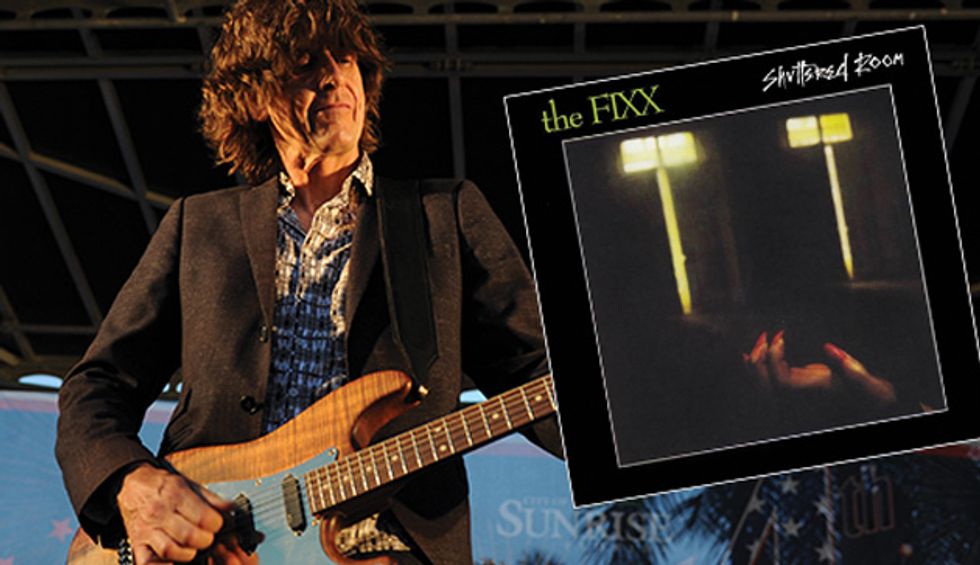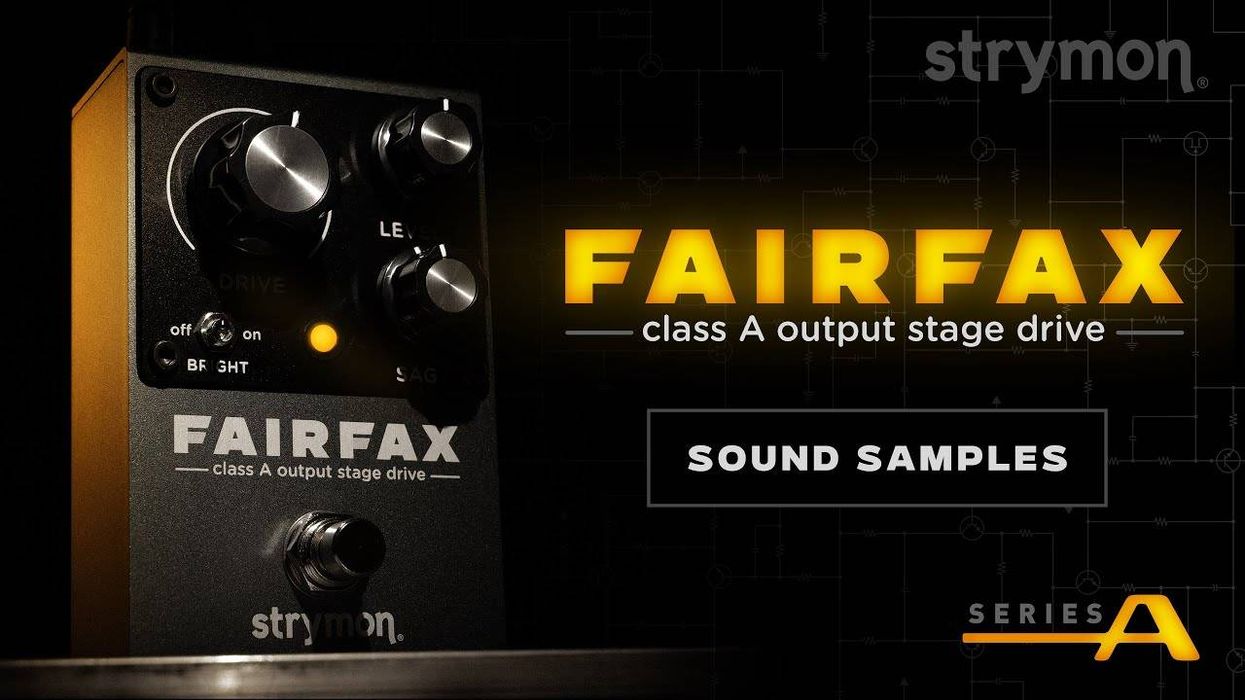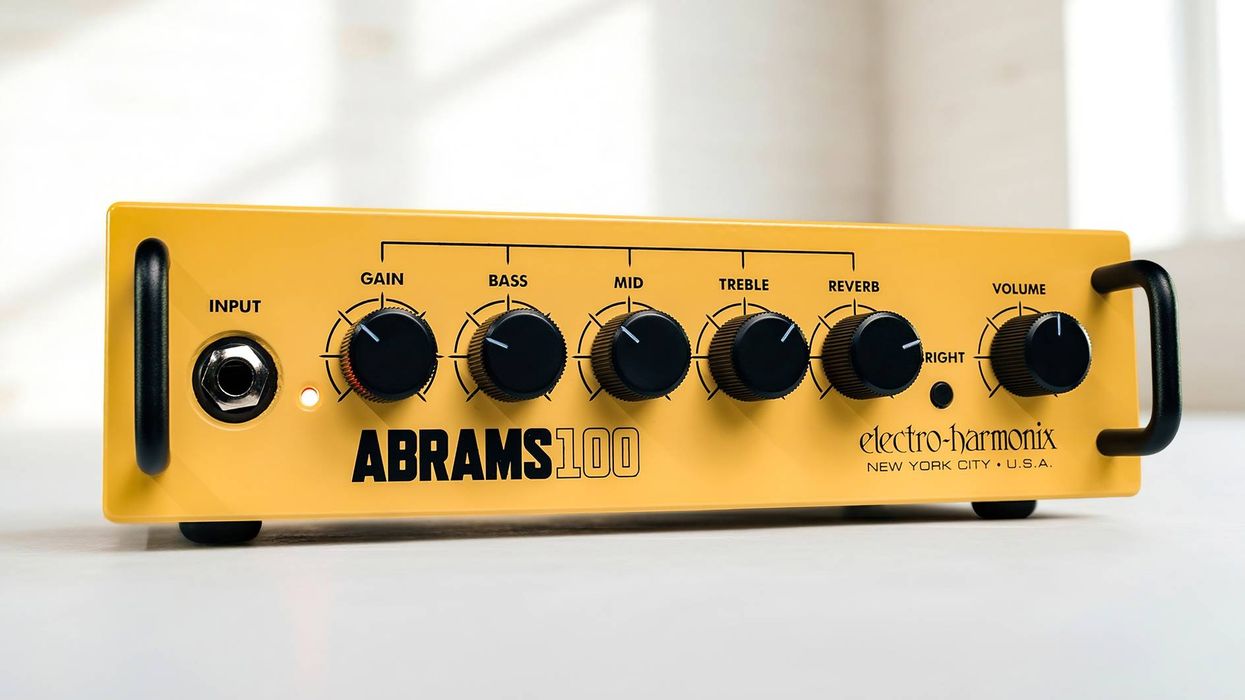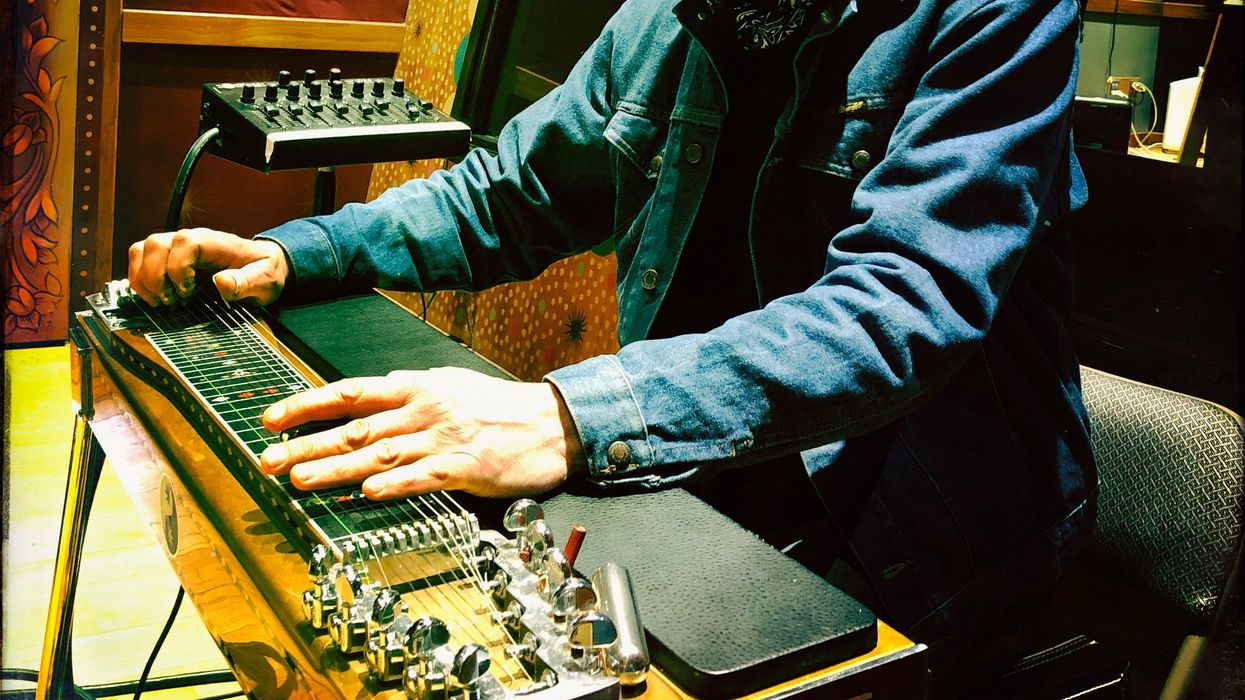It’s uniquely sad, almost existentially so, to realize you not only don’t have a fantastic album from your youth, but that the album is out of print and unavailable as a legal download anywhere online.
So you go to eBay or Amazon to look for a used copy (it’s either that or drive around to used shops sifting through bins full of old David Hasselhoff and Kenny G albums), only to find your pathetic self-pitying melancholy turning to rage at pricks trying to gouge you out of 40 bucks for a 30-year-old CD they found in a moldy Albertson’s box from some guy’s repossessed storage space.
Such was the story, perhaps slightly embellished, when I recently lamented for the umpteenth time that it’s been well over 20 years since I listened to my brother’s copy of the Fixx’s 1982 debut, Shuttered Room.
If you remember this British new wave/rock quintet, it’s probably because of their 1983 smash “One Thing Leads to Another,” although the album in question here also spawned pretty big hits in “Red Skies” and “Stand or Fall.” Some former pant-pegging dweebs may remember a couple of other minor Fixx hits, and the nerdier among them may have even owned a compilation CD, as I did/do … somewhere in a moldy old Albertson’s box.
But dammit, the “greatest hits” aren’t what I’ve been craving—most of the tunes on those (besides those I’ve mentioned) pale in comparison, and some illustrate how the band went a bit bland as the decade rolled on. Anyway, as luck would have it, I eventually found Half Price Books’ awesome online network of searchable inventories from used shops. Three days later, a padded envelope arrived and within minutes the disc was in my computer, shuffling the 10 long-lost tracks over to my digital library.
Over the next couple of days, I listened to Shuttered at least 20 times, and I gotta tell ya, my previous existential sadness was flipped on its bloody head. What a trip it was to be driving down the road, blasting and singing tunes from a 21st-century car stereo displaying band and tune info on a color screen that would’ve blown my mid-’80s, pre-driver-license mind!
“Yeah, yeah, Shawn—I’ve heard those tunes, and they’re all right, but could ya hurry it up with what’s so damn great about the album, for cripes sake,” I hear you saying. Or perhaps something a bit more colorful. And perhaps the more astute among you former bangs-blowing guitarists may even be contemplating a sarcastic mental stealing of my thunder: something like, “Yes, yes, I remember the guitar chap—Jamie something-or-other, right? Compressed the shit out of his Strats.” Touché, oh wearer of egregiously over-padded Reebok high-tops in days past. Touché.
But gloriously compressed-to-shit, clean-toned Strats were just part of Jamie West-Oram’s bag. Okay, a pretty huge part—in fact, his trademark squished-funk sounds got him session calls from Bowie, Brian Eno, Depeche Mode, Stevie Nicks, and Cyndi Lauper (to name a few), and a gaggle of other ’80s guitarists copied his sound to far worse effect in a way not unlike that decade’s greatest guitar star. But let’s not get hung up on tones, because they don’t mean jack out of context.
The first 16 measures of album opener “I Found You” feature an ominous organ-and-modular-synth motif that’ll have Stranger Things fans hungering for season two, but then West-Oram busts in with slicing, Gang of Four-inspired chord stabs that increase in urgency before breaking into warbling, neo-Spaghetti-western lines for the first chorus. By the second time around, his ringing, modulation-treated chords are even more insistent, but then he suddenly drops out to let tension build before launching into a brief but powerful solo with palm-muted syncopations that swell into bluesy, sustained lines reminiscent of Blue Öyster Cult’s Buck Dharma and finally culminating in a slapback-treated fit of wild bends and double-stops.
And then there’s the trippy, unsettling lines lurking in “Some People,” the bristling power-chord glory, stiletto jabs, and glissando accents of “The Strain,” the nail-biting suspense of the patient, slyly changing riff on “Lost Planes,” the glassy, ethereal washes of “I Live,” the tick-tock-ing march of the demented title track, and the wailing, hint-of-Hendrix fuzz mayhem on “The Fool.” Pretty much every song on the album proves West-Oram to be a 6-string special-forces hit man—a rhythm-guitar Ranger who slips through keyboardist Rupert Greenall’s quirky blurts, Charlie Barrett and Adam Woods’ lockstep rhythms, and Cy Curnin’s bleakly catchy vocals with clockwork precision. West-Oram’s mastery of nuance is so complete you often can’t even fathom how he’s so efficiently and effectively detonated each section of a song unless you go back for multiple listens.
Hats off to you for the amazing music, Jamie! We should do an interview and maybe a Rig Rundown sometime.
Anyone wanna buy a rad old CD—50 bucks and it’s yours!

















